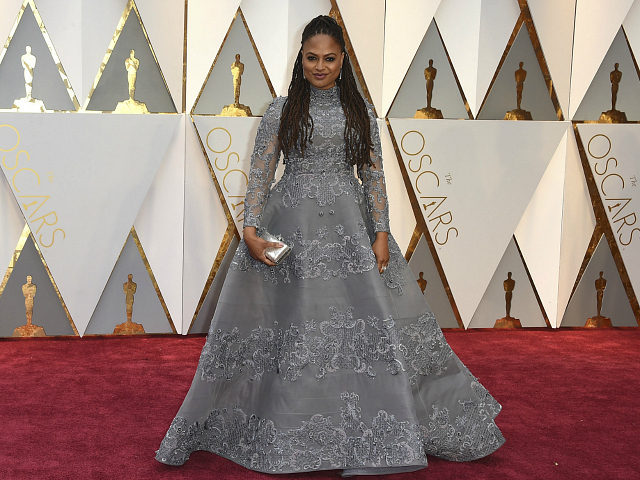
by Robbie Gramer, Foreign Policy
The Islamic State is now setting its sights on China, releasing
on Monday a half-hour video in which they pledged to “shed blood
like rivers” in attacks against Chinese targets. Experts say it’s
the first threat the terrorist organization has leveled against
China. “Oh, you Chinese who do not understand what people say. We
are the soldiers of the Caliphate, and we will come to you to
clarify to you with the tongues of our weapons, to shed blood
like rivers and avenging the oppressed,” an Islamic State fighter
said in the video, which was
analyzed
and translated by U.S.-based SITE Intelligence Group. The
video showed fighters, including heavily-armed children, praying,
giving speeches, and executing suspected informants. The video appeared to be the terrorist group’s “first
direct threat” against China, Michael Clarke of the Australian
National University, told
AFP
.
At first glance, China may seem like a strange target for the
Islamic terrorist group. It has no real military footprint in the
Middle East, and while Beijing is getting more involved in the
region’s energy business, it’s not involved in the U.S.-led
anti-ISIS coalition in Iraq and Syria. But experts say China
entered the terrorist group’s crosshairs over its treatment of
ethnic minority Muslims, the Uighurs, who are concentrated in the
western Chinese province of Xinjiang. Beijing is taking an increasingly hard line against unrest
there. On Monday, thousands of police — backed by helicopters and
armored vehicles — staged a mass rally, the fourth this year, as
a show of force,
Reuters
reported
. A Xinjiang Communist Party
official pulled no punches as 1,500 cops were dispatched to
problematic cities.






